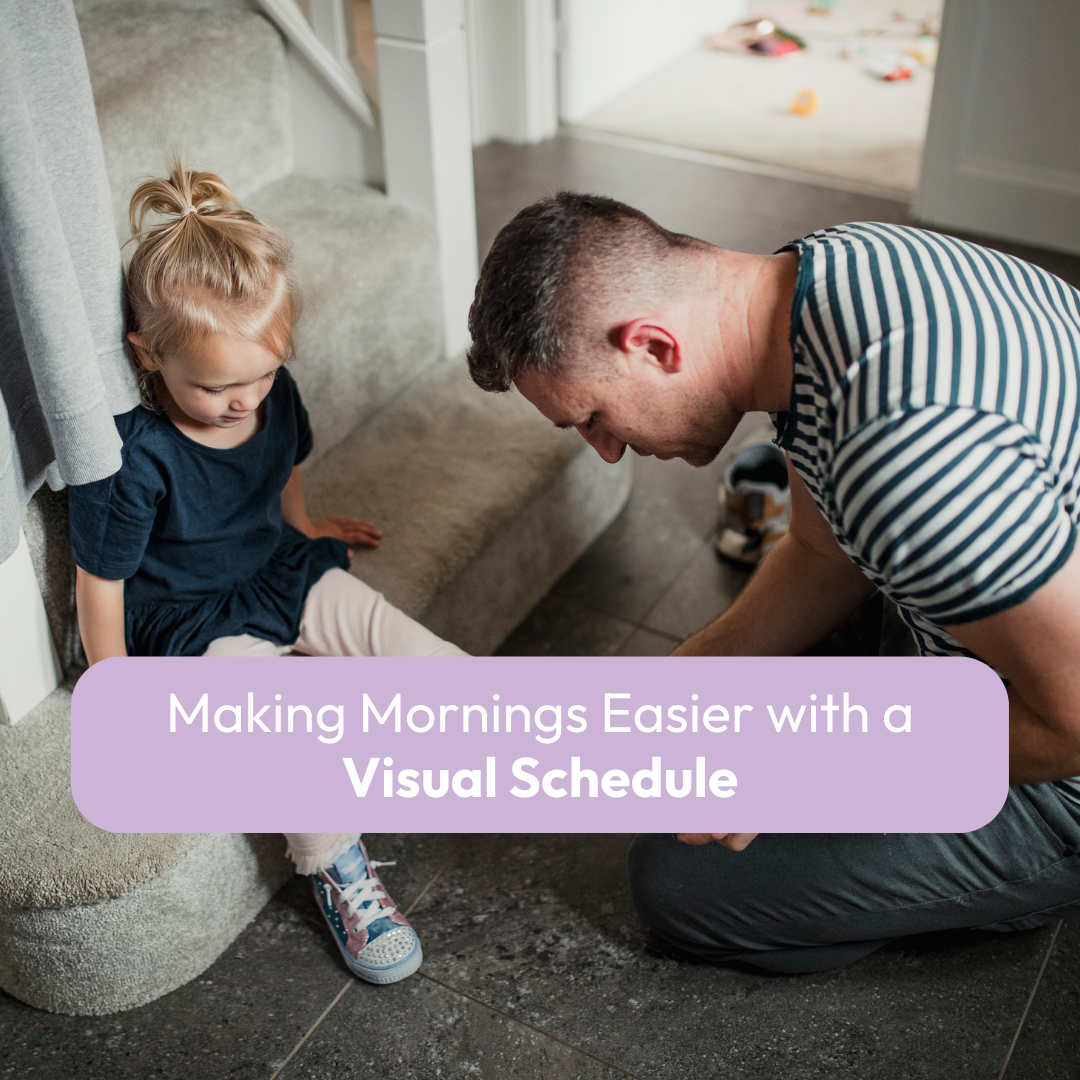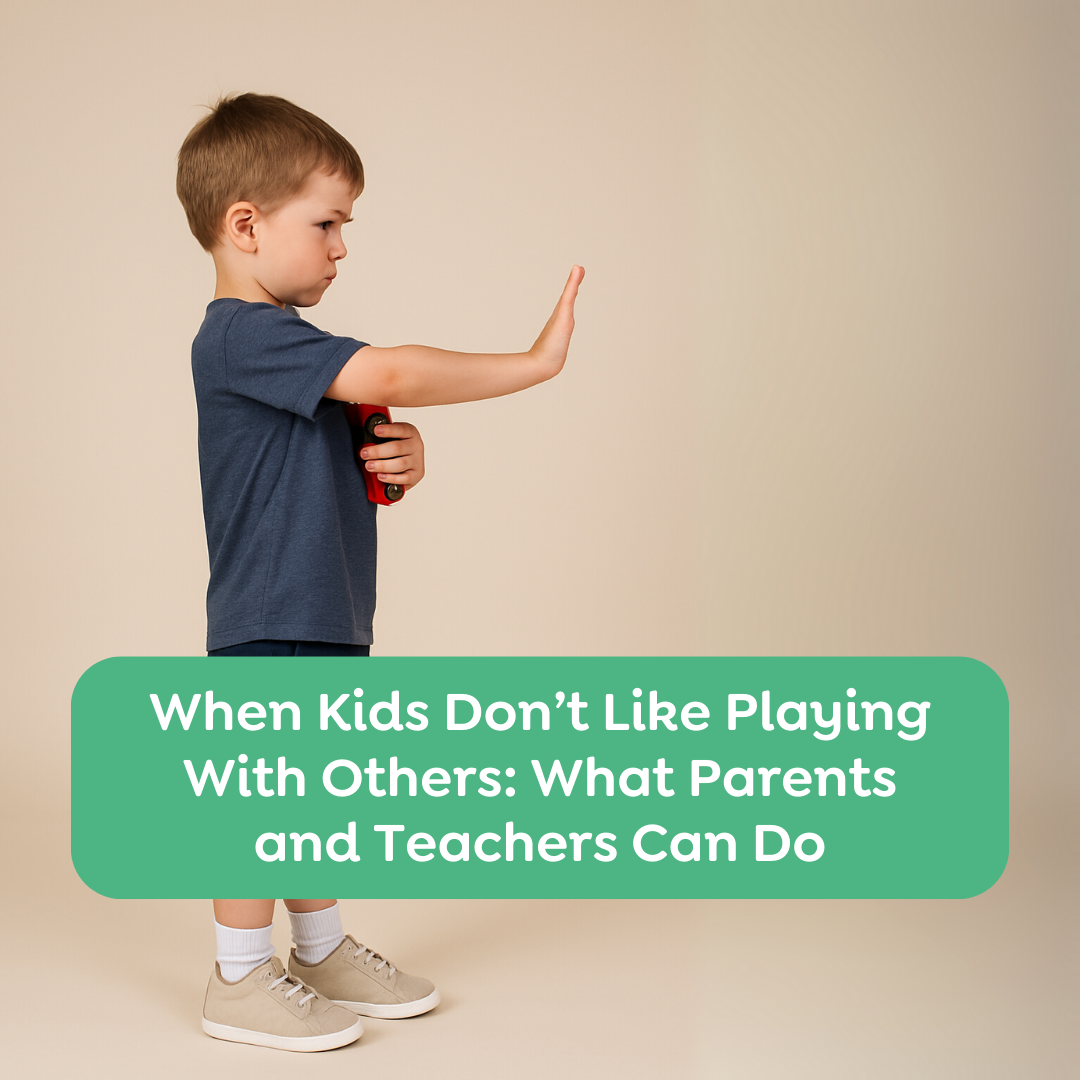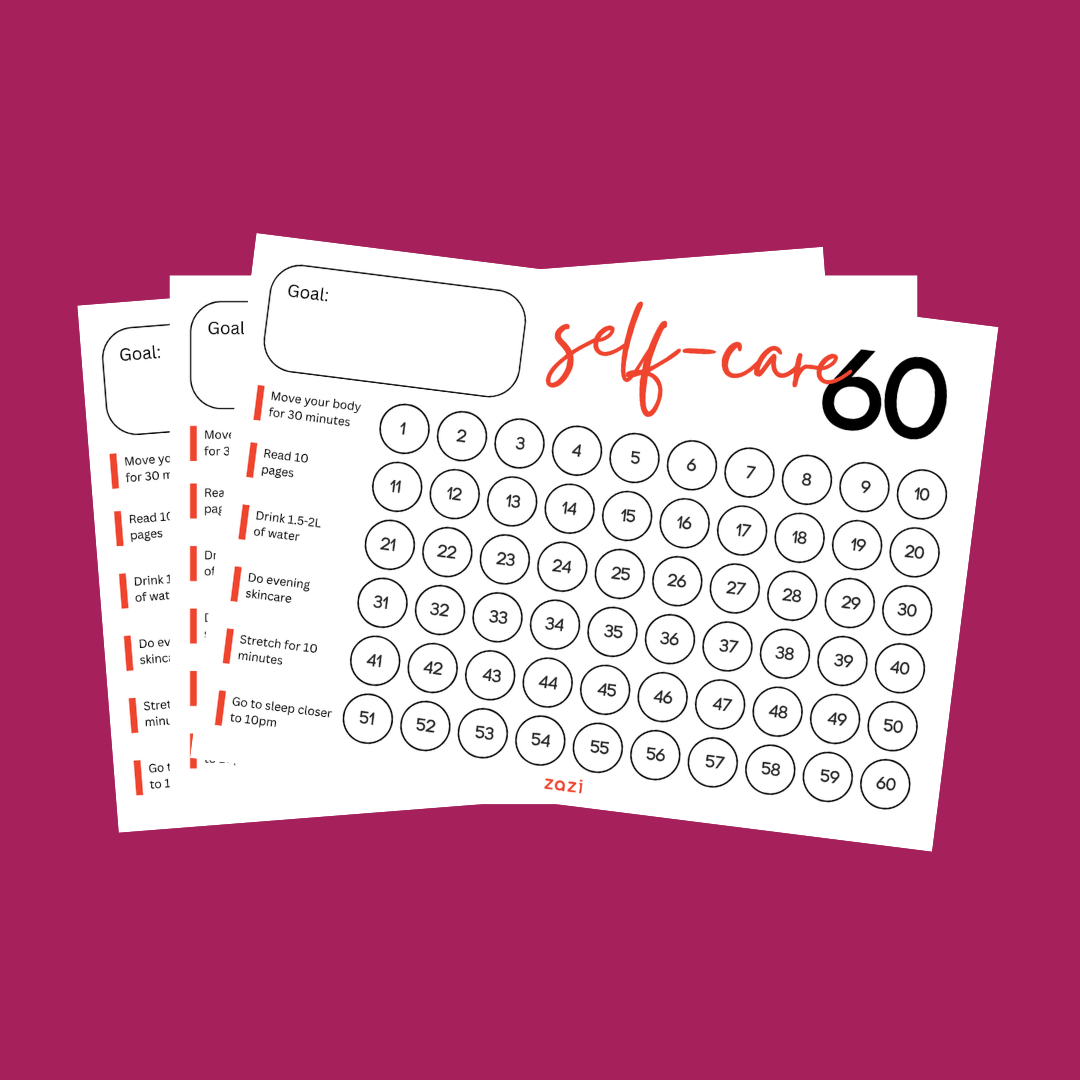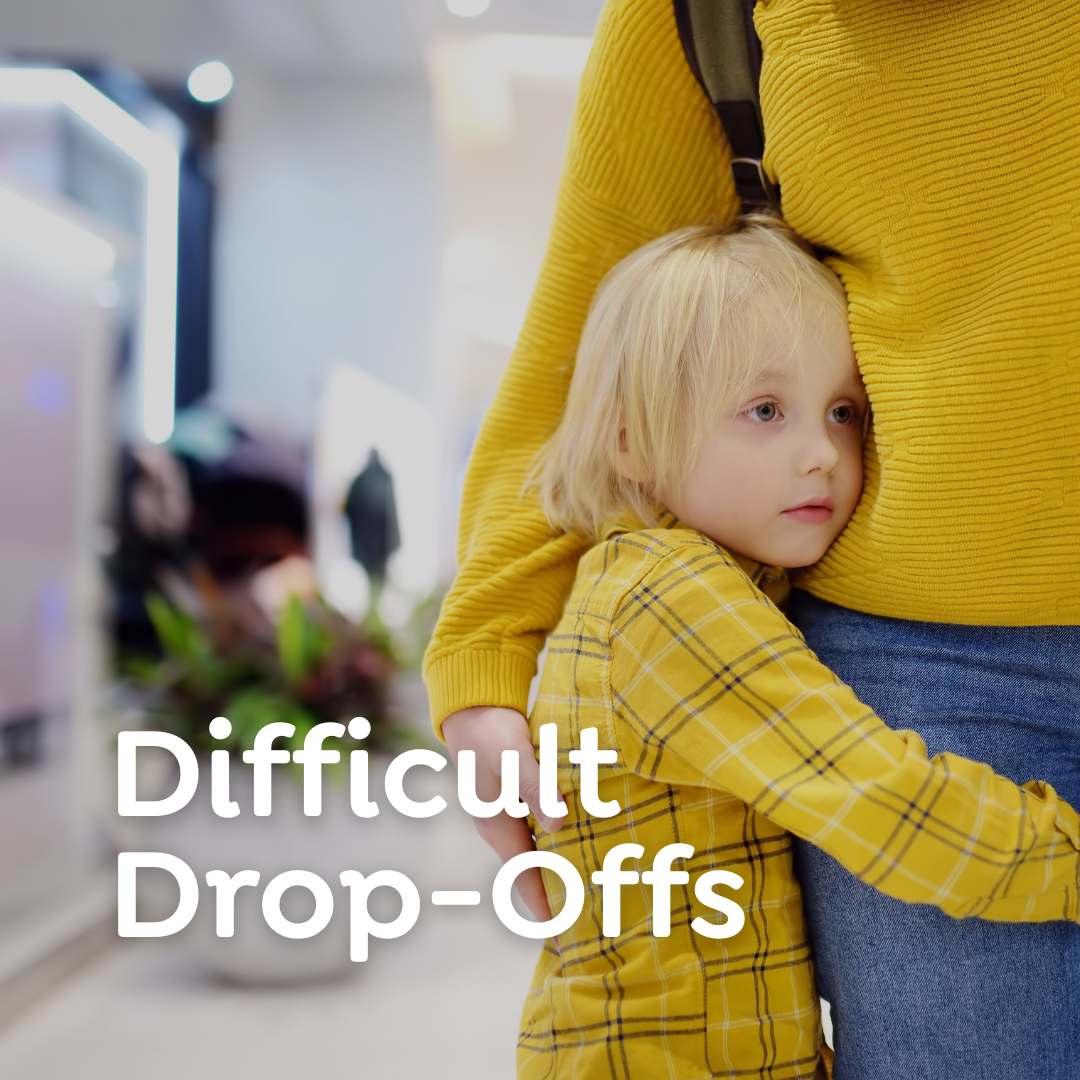Bad Behaviour Spirals and How To Get Out of Them.
When your child shouts, throws something, digs their heels in, or bursts into tears over what seems like nothing, it’s so easy to think, here we go again… they’re just being difficult. We’ve been told for generations that this sort of behaviour needs to be “nipped in the bud” with consequences. That we need to shut it down quickly so they “learn their lesson.”
But most of the time, it’s not defiance. It’s certainly not manipulation. It’s not even them trying to get one over on you. It’s stress. It’s their nervous system saying, I’m not OK right now – I need help.
Why punishment makes things worse
When we punish a child in the middle of a meltdown or stand-off, their body goes straight into survival mode. Their brain’s thinking centre (prefrontal cortex) – the bit that helps them reflect, problem-solve, and actually learn – shuts down. In that state, they literally can’t take in what you’re saying, no matter how much sense it makes. They’re too busy trying to feel safe again.
Sure, you might get short-term compliance. They might stop the behaviour because they’re scared or ashamed. But that’s not the same as learning how to handle a tricky moment. Over time, this cycle teaches something else entirely – that making mistakes is shameful, that big feelings should be hidden, and that people who love you can use power to control you.
And the research backs this up. Studies from around the world, including right here in New Zealand, have found that harsh discipline increases stress, damages the trust between parent and child, and leads to more, not less, behaviour problems in the long run. It’s not that our children don’t want to behave – it’s that their brains are underdeveloped, they have unmet needs, and they haven’t yet learned how to regulate themselves so they CAN behave.
Seeing behaviour differently
One of the biggest shifts we can make as parents is to start looking at behaviour as communication. Every time your child “acts out”, there’s something underneath – hunger, tiredness, overwhelm, frustration, fear. Often it’s a mix. This is especially true for neurodivergent children, who might have a harder time filtering sensory input, predicting what’s coming next, or recognising what’s going on in their own body.
We all have a point where the small stuff tips us over. For your child it might be the wrong colour cup, an itchy jumper, the sudden blare of a hand dryer, or a change of plan they weren’t ready for. They can’t always explain that in words – so their behaviour does the talking.
Prevention over reaction
The most powerful parenting happens before the moment blows up. That means knowing what’s likely to trip your child up and putting extra support in place.
If after-school meltdowns are a regular thing, make sure there’s a snack ready before you even leave the gate. If mornings are rushed and stressful, start ten minutes earlier or do as much prep the night before as you can. If transitions are tricky, use a visual timer or a simple warning: “We’re leaving in five minutes.” It’s not about making life perfect – it’s about making it predictable enough that your child doesn’t spend the whole day bracing for the next surprise.
The hidden senses that shape behaviour
Two of the least talked about – but most important – skills for handling big feelings are interoception and proprioception.
Interoception is your child’s ability to notice what’s happening inside their body. Do they feel thirsty? Restless? Anxious? Episode #41 of The You’ve Got This Podcast – "Interoception: the hidden sense driving behaviour" – dives into this in more detail. When children can name what’s going on inside, they can start to do something about it.
Proprioception is the sense of where your body is in space. Big body movements – pushing, pulling, climbing, jumping – give proprioceptive feedback that’s calming and regulating. This isn’t “just” play. It’s nervous system work. Season 2 Episode #9 of the Ypu've Got This Podcast – "Is it bad behaviour or a sensory need?" – is worth a listen if you want ideas to build this into daily life.
Breaking the cycle
If you’ve found yourself stuck in a pattern – child acts out, you react, they comply for a bit, then it starts again – it’s not because you’re a bad parent. Often we react harshly because we’re frustrated, triggered, or copying what was done to us. Maybe it “worked” in the sense that it stopped the behaviour in the moment. But now we know more – and what we know tells us that long-term, it does more harm than good.
Instead of focusing on stopping the behaviour, try focusing on meeting the need. That might mean offering help even if you think they “should” be able to do it themselves, giving them a movement break before homework, or simply sitting nearby until they feel ready to try again. A child who feels good is far more likely to act good.
A simple plan you can start today
Pick one time of day that’s regularly tricky – mornings, after school, bedtime – and make a small change to support it. That might mean:
-
Packing a snack in the car for the drive home.
-
Building in a five-minute “reset” walk before bedtime.
-
Offering help with a task that usually causes arguments.
And then, reflect. Did it make a difference? Could you build that support in again tomorrow?
The bottom line
Your child’s behaviour is telling you something – not about how defiant they are, but about what they need. The more we can meet those needs without shame or fear, the more they’ll learn to handle life’s challenges without falling apart. You’re not “giving in” when you offer help or support. You’re building trust, safety, and skills that will last long after the current tricky phase has passed.
Need some support on a specific issue? Send us a DM to our insta @youvegotthispodcast or email us youvegotthispod@gmail.com and we'll add it to our episode list.











